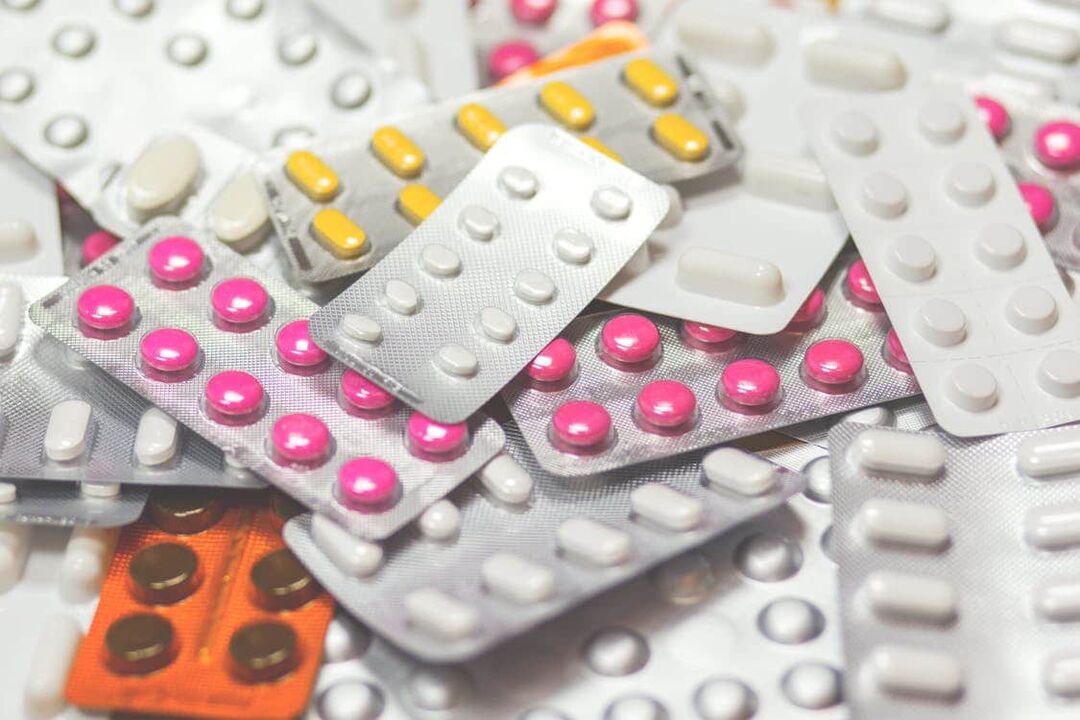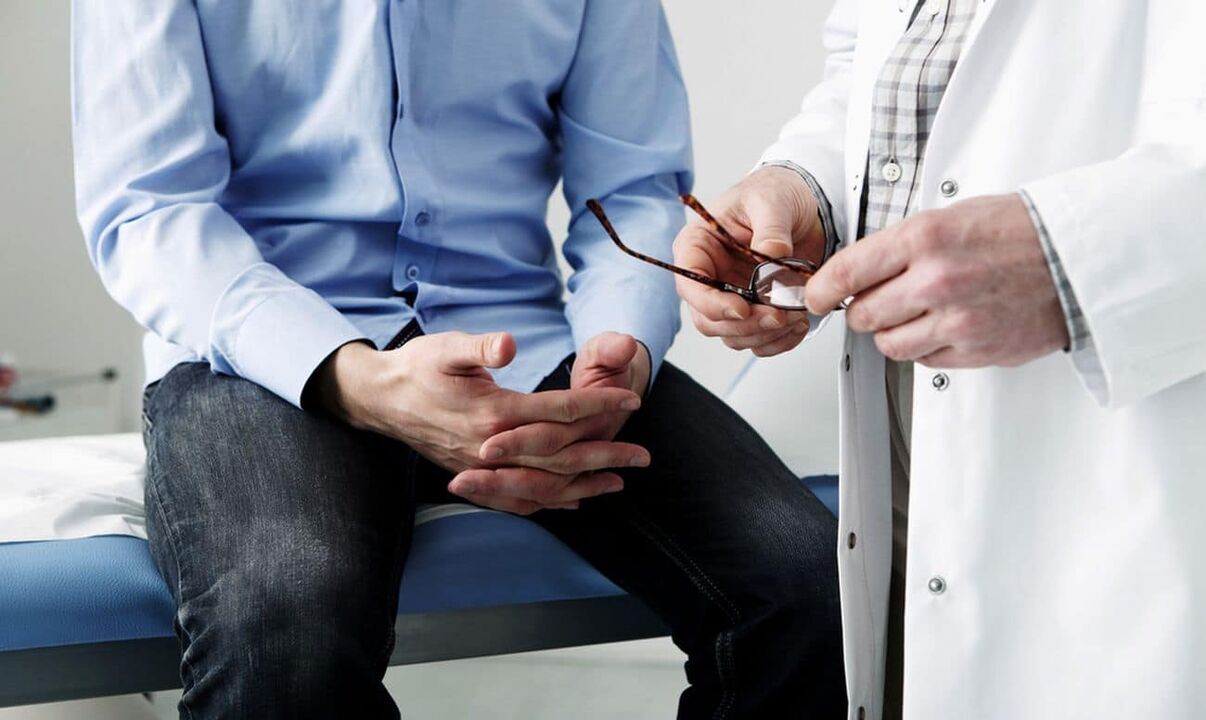By comprehensively taking modern medicines for high blood pressure, you can get rid of its symptoms not only in the initial stages, but also in the advanced stages of its development. When doctors prescribe high blood pressure treatment for their patients, they are not limited to just 1-2 drugs. Many drugs are prescribed that complement and enhance each other's effects, making the therapy more effective.
Why do you take several medicines for high blood pressure at the same time?
Those who have had to deal with high blood pressure know that in order to overcome it, you need to regularly take a whole series of drugs belonging to different drug groups. An individual list of well-combined medicines is selected for each patient. The correct treatment regimen allows you to eliminate not only the symptoms of the pathological process, but also the initial cause.
For hypertensive patients, a drug should be selected that helps reduce high blood pressure. But its effect is usually short-lived. This medicine should be taken in the following cases:
- If the blood pressure rises and stops at a level not exceeding 180 mm Hg. Art. To eliminate the problem and prevent the development of serious complications, you need to take a drug that gradually lowers blood pressure. It's good if this process takes about two hours. In general, in this condition, an ambulance should not be called for a hypertensive patient;
- If a person with regularly elevated blood pressure becomes ill and their blood pressure rises to 210 mmHg. Art. You need to take a medicine that will urgently normalize the values within 30-40 minutes. At this time, you should call an ambulance. This measure cannot be avoided if a sharp rise in blood pressure occurs in an elderly person.
A person suffering from high blood pressure should definitely find out in advance from the attending physician which medicine should be taken in an emergency and which one is necessary to gradually lower the blood pressure.
Short-term medicines can only alleviate the attacks of the disease. Treatment of high blood pressure in men and women with modern drugs should be systematic. Only in this case can a person count on the recovery and retreat of the disease for a long time.
If the drugs prescribed by the cardiologist are taken systematically, the patient will be protected from new blood pressure jumps. This is due to the fact that most of them have a long-lasting effect. This means that the patient is protected against the manifestations of high blood pressure for at least 24 hours after taking the tablets. In some cases, such therapy can even reverse all the pathological changes caused by the disease.

Different drug groups have different effects on the human body and diseases. The best treatment results can only be achieved by taking several drugs at the same time. In addition, we must not forget that many antihypertensive drugs can enhance each other's effects.
The main groups of drugs
High blood pressure is treated with modern antihypertensive drugs. It is best to combat such diseases of the cardiovascular system with the help of drugs belonging to different groups. The medicines listed below are used to treat high blood pressure.
Beta blockers
In case of high blood pressure, drugs belonging to the group of beta-blockers are prescribed. Thanks to them, the negative effect of excessive hormones on the heart can be reduced. As a result, the rhythm of the internal organ slows down and the pressure normalizes.
Beta-blockers should not be taken by people with low heart rate, bronchial asthma or conduction block. Breastfeeding women should not take these tablets.
Most often, these drugs can be seen on the prescriptions of cardiologists for young hypertensive patients. It is taken within 2-4 weeks. After that, patients switch to combined treatment.
If the blood pressure values have increased, then it will be difficult to do without this drug.
The noticeable result of lowering the blood pressure becomes noticeable after about 2-4 hours. These medications should only be taken once a day as they are long acting.
After taking beta blockers, the patient sometimes experiences side effects. They are limited to conditions such as indigestion, weakness of the body, bradycardia and noticeable slowing of the pulse.

Alpha blockers
Cardiologists recommend that men take vascular drugs of the alpha-blocking group, as they also eliminate problems with the prostate gland. This medicine is good for lowering blood pressure and also improves urination.
Alpha-blockers are not prescribed to patients who have been diagnosed with tachycardia, heart failure, or a tendency to frequent nasal congestion.
After taking alpha blockers, some patients report side effects such as dizziness and temporary impotence.

Inhibitors
High blood pressure requires taking drugs that affect blood vessels and cause them to dilate. These are inhibitors. Pregnant women and small children cannot take the modern drugs of this group presented in blood pressure-lowering tablets. They can also harm the health of people with kidney problems.
It is recommended to start taking medicines belonging to this group with a minimum dose and gradually increase it if necessary. It is very important to monitor the current blood pressure level during therapy in order to record the results of treatment with inhibitors.
Medicines can cause side effects. After taking them, allergic reactions can occur in the form of swelling, dry cough and a strong drop in blood pressure. In order to prevent the development of negative effects, the optimal dose of the drug must be observed.
Calcium antagonists
Medicines in this group can dilate blood vessels. They prevent calcium ions from entering the blood vessels and the heart. This is the difference from other similar drugs.
It is strictly forbidden to take calcium antagonists for people suffering from cardiac arrhythmias, rare pulses or blockages in the conduction system. Contraindications include pregnancy.
Blood pressure starts to decrease within 1-2 hours after taking the medicine. Its effect can be observed within 24 hours on average.
Before prescribing the drug, the doctor must inform the patient about side effects such as hot flashes and dizziness.
Diuretics
Patients over the age of 50-60 are prescribed modern drugs, such as diuretics, to treat high blood pressure. They can be included in recipes not only for the elderly, but also for young people suffering from high blood pressure.
Diuretics have a diuretic effect. With their help, you can lower blood pressure by removing excess fluid from the body. If the patient does not have gout or diabetes, this drug is used to treat high blood pressure. In addition, drugs from other drug groups are prescribed.
Medicines differ in how quickly they achieve the desired effect and how long they last. For example, a loop diuretic begins to work within 15 minutes after its active components enter the body. The pressure normalizes for up to 6 hours. Thiazide diuretics are long acting. Thanks to him, hypertensive patients are not bothered by the symptoms of the disease for the next 12 hours.
Diuretics, like drugs from other drug groups, can cause side effects. They are usually limited to dizziness, nausea, vomiting, mood swings, muscle spasms, body weakness, strong thirst and heart failure.
Nutritional supplements
When compiling a treatment regimen for high blood pressure, preference is given not only to modern drugs based on synthetic components. For many patients, the best treatment is dietary supplements. It is really the best medicine for high blood pressure as it is herbal based. Therefore, such treatment does not cause any particular harm to the body. The only disadvantage of dietary supplements is their weak effect, so they are not able to completely eliminate the signs of high blood pressure by themselves.
Dietary supplements recommended for the treatment of high blood pressure are significantly different from traditional antihypertensive agents such as motherwort or hawthorn tincture. They do not cause addiction to the body and do not affect the functioning of the reproductive system. In some cases, dietary supplements are even allowed for pregnant and lactating women.
Experts can recommend blood pressure-lowering dietary supplements to patients with high blood pressure.
These drugs are available in the form of tablets, drops or tinctures. Together with synthetic drugs, they should be used as an additional method of treating high blood pressure.
Special caution is required when herbal preparations are taken by patients who may have an allergic reaction to the substances in the preparation.
Emergency medicines
If the blood pressure rises too much and begins to reach critical values, the person is in serious danger. In this condition, a stroke may develop. This can be prevented with the help of fast-acting drugs.
These are strong drugs that should only be taken in emergency situations. In other situations, it is best to limit yourself to other drugs that have a milder effect on the human body.
Fast-acting drugs really help in critical situations. However, their abuse can be dangerous to health. They are able to influence a person's mental state, as well as interfere with the processes of the pancreas. If the patient continues to take such medication, blood pressure may rise significantly after stopping. Withdrawal syndrome is also possible.
Doctors usually advise people with high blood pressure to always have emergency medicine on hand.
They quickly lower blood pressure. To enhance the effect of the medicine, place the tablet under the tongue and dissolve it gradually. Then you need to call an ambulance. This advice should not be ignored, because if the blood pressure rises excessively, consulting a doctor is mandatory.






















